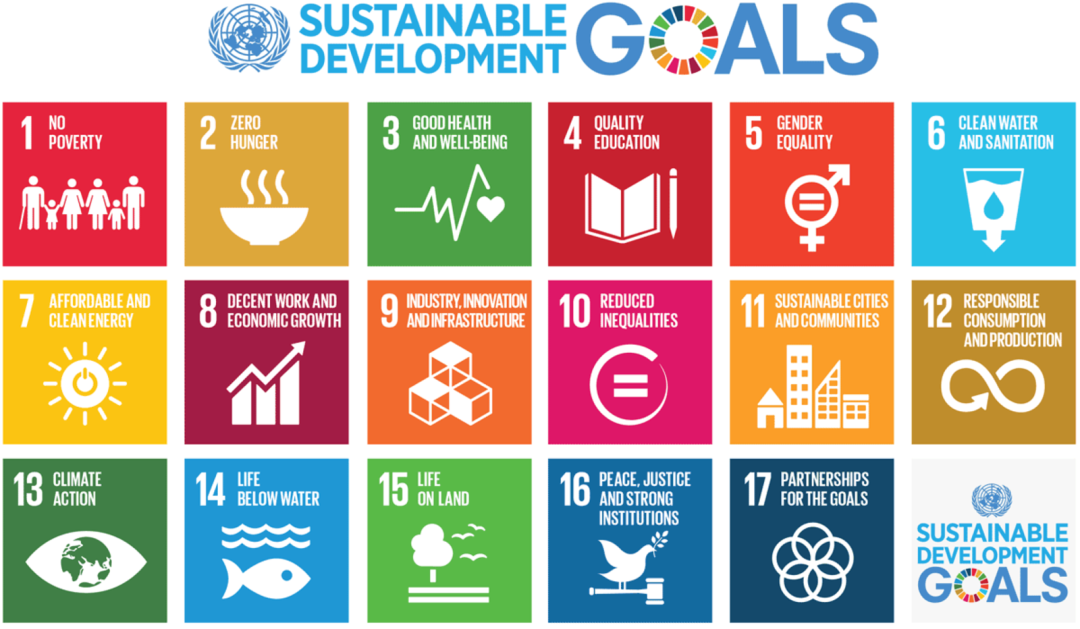
South Caucasus countries in Sustainable Development Report 2021

On 22 June, the Sustainable Development Solutions Network (SDSN) released its report on the progress the UN member states made in achieving the Sustainable Development Goals (SDGs) in 2021. Armenia ranked 58th, Azerbaijan 55th and Georgia 56th in the report.
The report emphasised that on the global scale, for the first time since the adoption of the SDGs in 2015, the global average SDG Index score has decreased. The global decline in SDG performance, including in Organization for Economic Development and Cooperation (OECD) countries, was driven to a large extent by increased poverty rates and unemployment in 2020. The Covid-19 pandemic impacted all three dimensions of sustainable development: economic, social, and environmental. The pandemic has affected countries and people in very different ways, making the SDG principle of Leaving No One Behind particularly relevant in COVID-19 emergency responses and recovery plans. The pandemic has had a negative impact on progress towards SDG 4 (Quality Education) and SDG 5 (Gender Equality), and on access to key infrastructure, including water and sanitation, covered under SDG 6 (Clean Water and Sanitation), SDG 7 (Affordable and Clean Energy), and SDG 9 (Industry, Innovation, and Infrastructure).
Speaking on the region of Eastern Europe and Central Asia, the report stressed that out of the 17 SDG goals, the countries of the region were closest to achieving SDG 1 (No Poverty) and SDG 4 (Quality Education). Compared with other regions, SDG 16 (Peace, Justice and Strong Institutions) remains problematic, primarily due to comparatively high levels of perceived corruption in many countries. As in other parts of the world, poor performance and limited progress on mitigating climate change and protecting biodiversity (SDGs 12–15) require urgent policy attention. Access to basic services and infrastructure, covered notably under SDG 6 (Clean Water and Sanitation) and SDG 7 (Affordable and Clean Energy), is improving rapidly. By contrast, rising levels of obesity and unsustainable agriculture are hindering performance on SDG 2 (Zero Hunger).
Armenia’s overall score was 71.8 (regional average stood at 71.4), achieving considerable progress in SDG1 (no poverty), SDG6 (clean water and sanitation) and SDG7 (affordable and clean energy). In SDG 3 (good health and well-being), SDG 5 (gender equality), SDG8 (decent work and economic growth), SDG9 (industry innovation and infrastructure), SDG11 (sustainable cities and communities), SDG16 (peace, justice, and strong institutions). The country stagnated in SDG2 (zero hunger), SDG4 (quality education), SDG13 (climate action), SDG15 (life on land) and SDG17 (partnerships for goals), while no information was available for SDG10 (reduced inequalities), SDG12 (responsible production and consumption) and SDG14 (life below water).
Azerbaijan's overall score was 72.4, achieving considerable progress in SDGs 1 and 6. Moderate progress was reported on SDGs 3, 7, 11, 13, 16 and 17. Stagnation was documented in SDGs 2, 5, 8, 9 and 15. No information on the progress was available on SDGs 10,12 and 14, while SDG4 (quality of education) recorded a regression due to Covid-19 restrictions.
Georgia’s overall score was 72.2, achieving considerable progress in SDGs 4 and 7. Moderate progress was reported on SDGs 1, 3, 5, 6, 8, 11, 16 and 17. Stagnation was documented in SDGs 2, 9, 13, 14 and 15, while the information on the progress in SDGs 10 and 12 was not available.
The best ranked countries in this year's report were Finland, Sweden, Denmark, Germany, and Belgium. Russia ranked 46th, Turkey 70th and Iran 74th.
See Also


Armenia Records 5.9% GDP Growth in 2024, Missing 7% Goal

Yerevan Balances Strategic Ties with Both US and Russia, Says Foreign Minister

FM Mirzoyan: Peace Deal with Azerbaijan Is Within Reach

Pashinyan and Erdogan Hold Call, Reaffirm Commitment to Ongoing Dialogue

